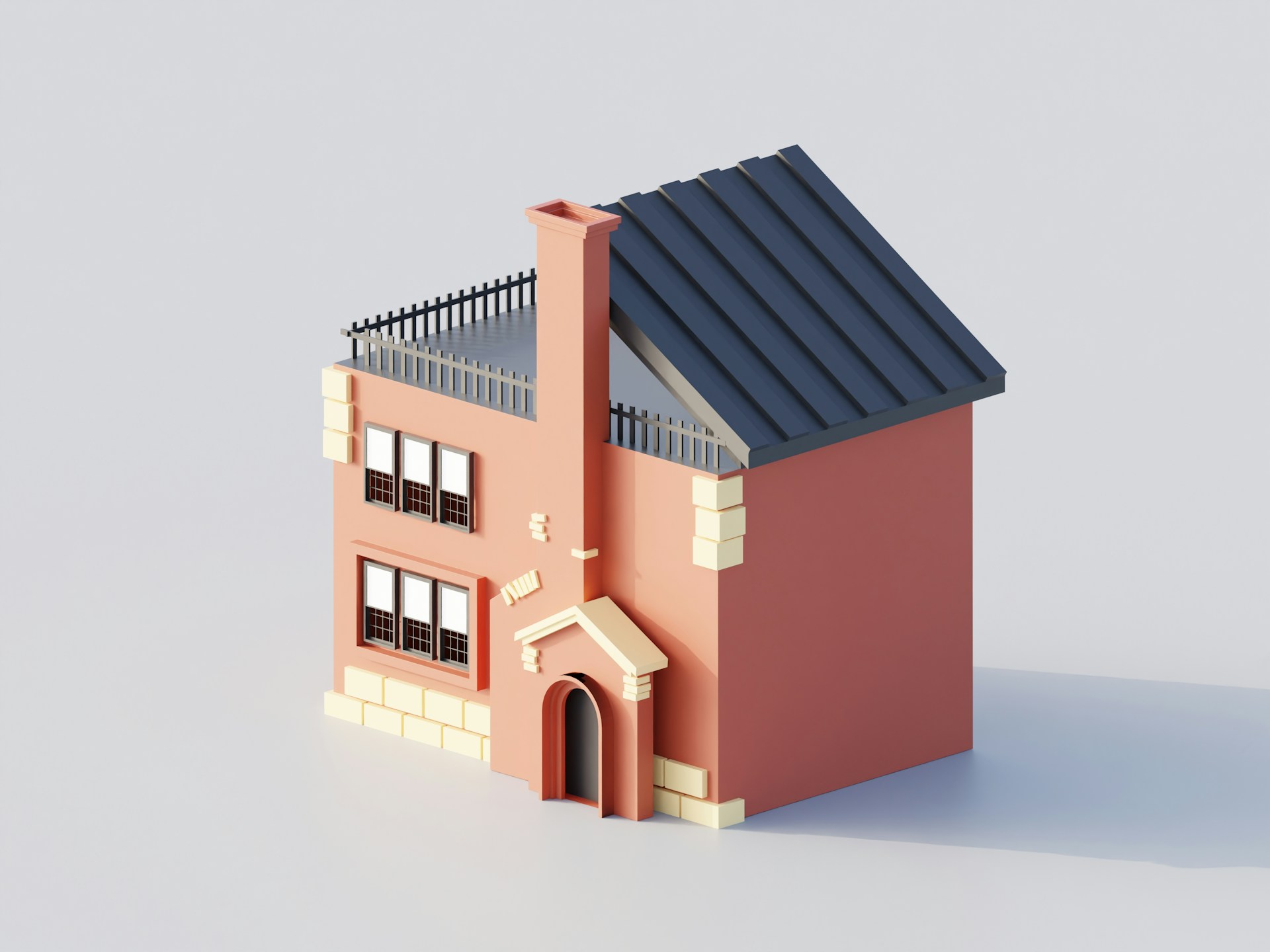
To determine what mortgage you can afford as a self-employed individual, you’ll need to consider several factors:
- **Income Stability and Documentation**: Lenders typically require proof of income, such as tax returns, bank statements, and profit-and-loss statements. Self-employed borrowers often need to provide two years of consistent income.
- **Debt-to-Income Ratio (DTI)**: Lenders usually prefer a DTI ratio (total monthly debt payments divided by gross monthly income) of 36% or less. Some may accept up to 43% with strong credit.
- **Credit Score**: A higher credit score can improve your chances of approval and better mortgage rates.
- **Down Payment**: A larger down payment (e.g., 10-20%) can improve your eligibility and terms.
- **Interest Rates and Loan Terms**: Current market rates and the term of the loan (15-year vs. 30-year) will impact your monthly payments.
Estimating Your Affordable Mortgage
A common rule of thumb is that your monthly housing costs should not exceed 28-30% of your gross monthly income.
**Example Calculation**:
– If your gross monthly income is $8,000, then:
– 30% of $8,000 = $2,400 maximum monthly housing payment.
Using this, you can estimate the mortgage amount you might afford with online mortgage calculators, considering current interest rates and the loan term.
Next Steps:
– Gather your financial documents.
– Use an online mortgage calculator with your income, expenses, and down payment to get an estimate.
– Consult with a mortgage broker or lender who can provide pre-approval based on your specific financial situation.














